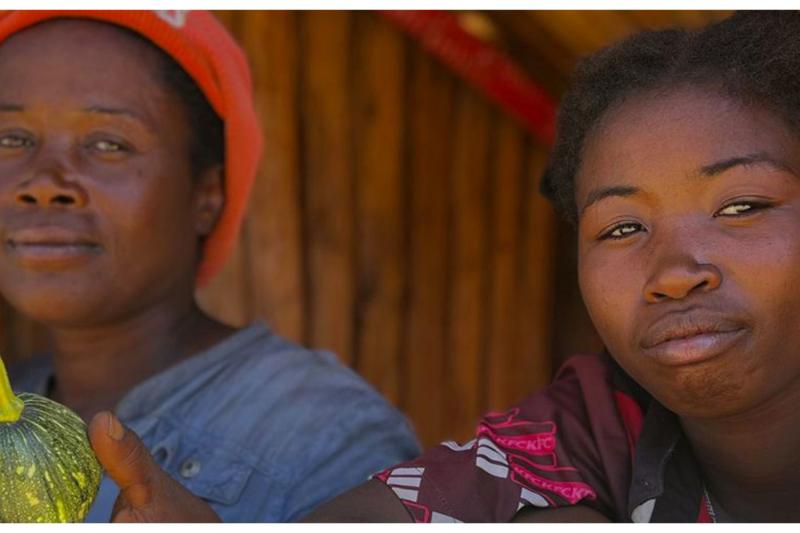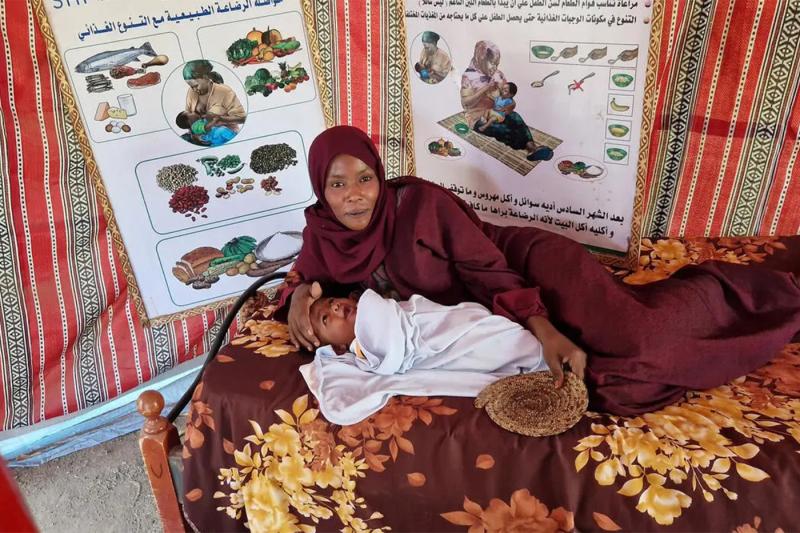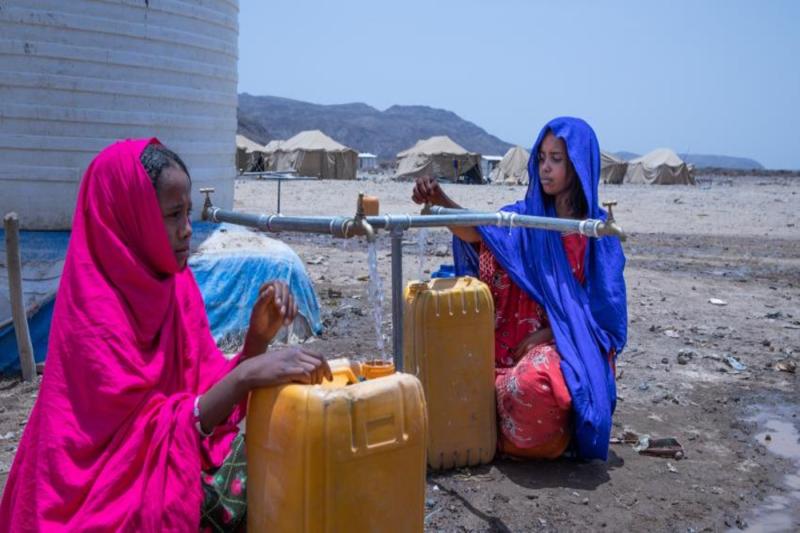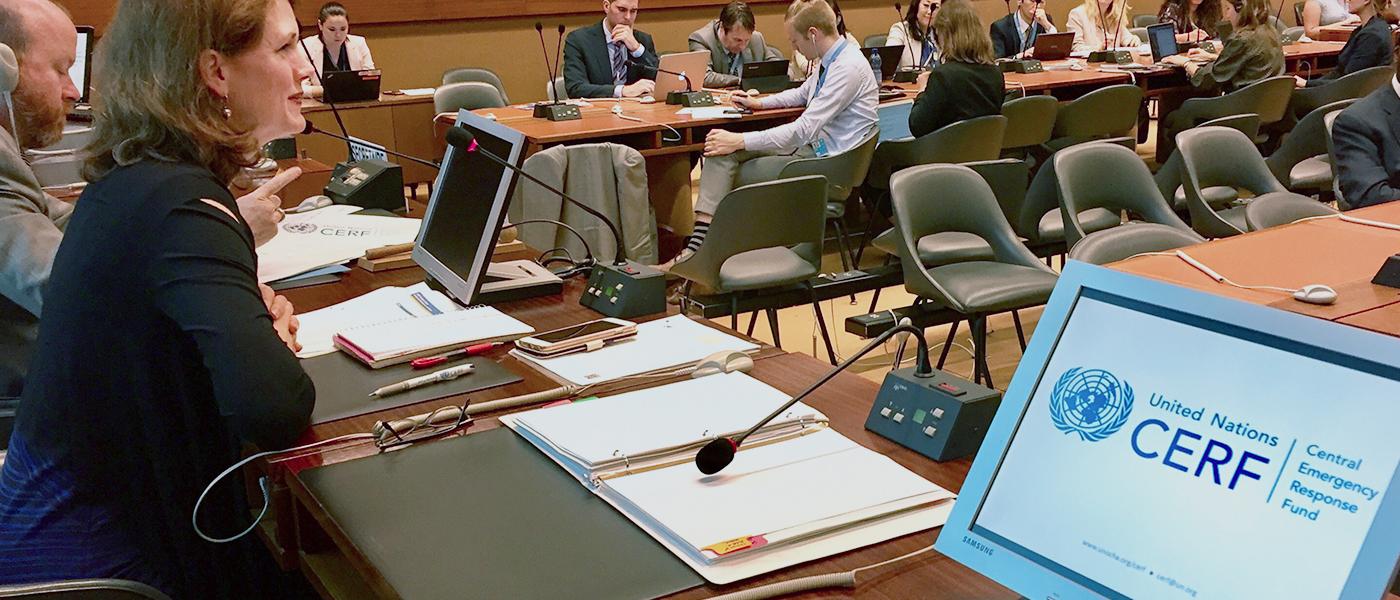
CERF secretariat urges member states to step up funding at annual briefing in Geneva
On 17 May, the CERF secretariat briefed United Nations Permanent Missions, Observers, UN agencies and Non-Government Organizations on the key issues and developments in the use and management of the Central Emergency Response Fund (CERF) in 2017. Thirty- seven Member States, the European Union, WHO, UNHCR, FAO, IOM, ICRC and ICVA attended the briefing.
The Chief of the Programme Support Branch in OCHA, Andrew Wyllie, opened the meeting and briefed Member States on the effectiveness of CERF since its creation in 2005. Wyllie stressed that global needs have quadrupled from $5.2 billion in 2006 to over $22 billion in 2016 and noted that expanding CERF’s annual funding target to $1 billion is an absolute bare minimum to ensure that the Fund can continue meeting its life-saving mandate effectively. "A strong CERF able to deliver on its mandate is every member state's responsibility", he added.
The Chief of the CERF secretariat, Lisa Doughten then briefed participants on the achievements and developments of CERF in 2017. Doughten noted that thus far in 2017, CERF continues to be at the forefront of supporting life-saving humanitarian assistance. CERF has so far in 2017 allocated a total of US$ 215 million, $115 million of which has been allocated through the Rapid Response window and $100 million through the underfunded emergencies window. Allocations have been substantial in contributing to famine prevention and famine responses in Nigeria, South Sudan, Yemen and Somalia, and in responding to natural disasters in Southern Africa, Peru and Sri Lanka. “Thanks to the generosity of its donors, CERF has released $118 million for early action and life-saving operations in Nigeria, Somalia and South Sudan making CERF the fourth largest contributing source to prevent famine in these countries”, she stressed.
When briefing the audience on CERF’s cash flow position, Doughten explained that CERF is responding to concurrent emergencies and a record high demand for funding but is currently forced to adapt its allocations to the limited availability of funds. As of mid-May, the Fund received a total of US$289 in contributions. The current funding outlook for 2017 projects a shortfall of $40 million for the year from the annual target of $450 million. In addition, CERF’s current cash flow situation risks that the second underfunded emergencies (UFE) allocation of 2017 will be reduced or canceled altogether.
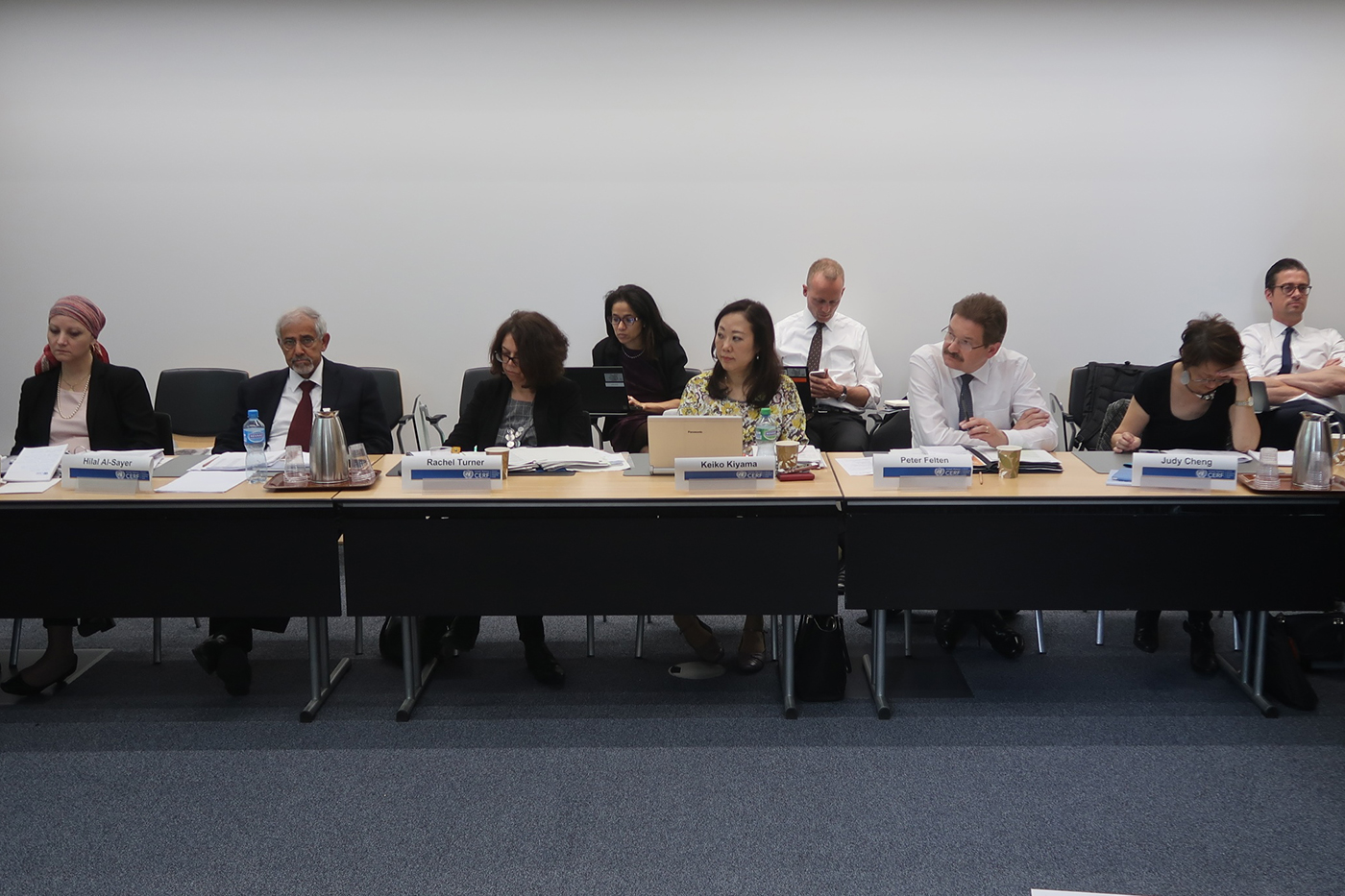
“Unless additional contributions are received, CERF does not have sufficient cash or pledges to manage a second round of the Under-funded Emergencies window (UFE) at the usual time of the year”, Doughten stressed and called on all Member States to urgently step up funding so that CERF can ensure that urgent aid reaches people caught up in crises. Doughten also informed that a letter later this week will go out to all Member States calling for urgent financial support to CERF.
Member States subsequently took the floor, including Luxembourg, Australia, Peru, Kuwait, Switzerland and Estonia, and reaffirmed the value of CERF as a fast, flexible and strategic tool to promote life-saving assistance. “We do not always realize what a gem we have in CERF in providing funding and coordination support to the world. We are really appreciative of CERF’s support to forgotten crises in Africa.” noted Ambassador Nozipho Mxakato-Diseko, Permanent Representative of South Africa to the United Nations Office in Geneva.
Ambassador A. M. Kihurani, Deputy Permanent Representative of the Republic of Kenya to the United Nations Office in Geneva thanked CERF for its recent support to emergency operations in Kenya.
Representatives from the World Health Organization (WHO) expressed high appreciation for CERF as a key partner to the organisation and its NGO community and a compelling and sound investment. WHO called on all Member States to generously support CERF in ensuring that the humanitarian system can respond to the world’s needs today.
In her closing remarks, Doughten emphasized that increasing CERF’s annual funding target to US$ 1 billion, combined with the necessary strategic, functional and operational improvements will help transform the Fund and make it fit for meeting the humanitarian challenges of today and tomorrow.
